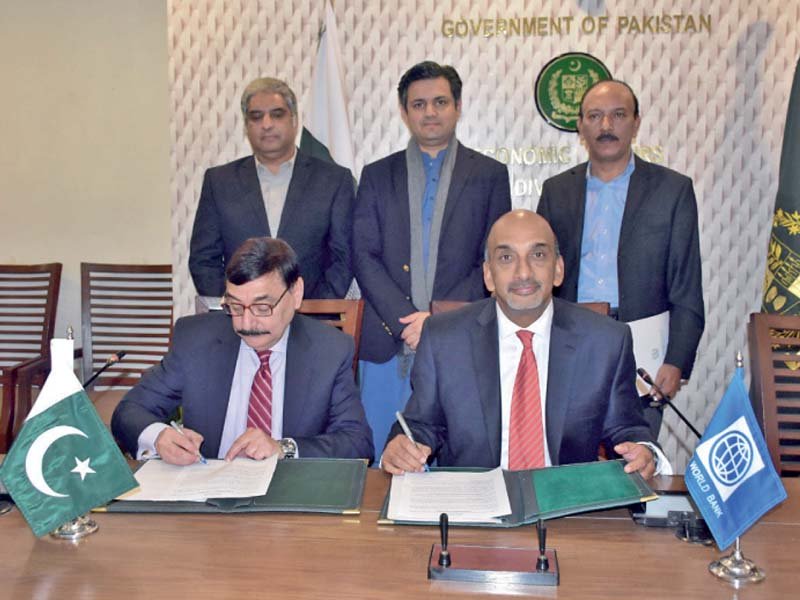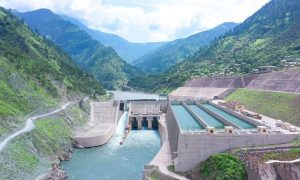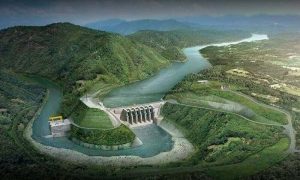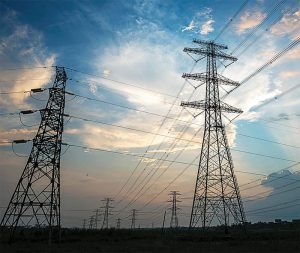For Khyber Pass Economic Corridor (KPEC) project, a loan agreement worth $406.6 million has been signed between the Government of Pakistan and World Bank by Dr. Syed Pervaiz Abbas, Secretary Economic Affairs Division (EAD) on behalf of Govt and Patchamuthu Illangovan, Country Director World Bank, on behalf of World Bank witnessed by Minister for Economic Affairs Hammad Azhar. The fact sheet states that KPEC will be financed with a $460.6 million IDA concessional credit from the World Bank and $22.15 million from the government, concessional financing with an interest rate of 1.25 percent after a 5-year grace period making it much lower than the government’s own cost of funds. According to the EAD official statement, the project aims at constructing a 48 km long 4-lane dual carriageway high-speed access-controlled motorway from Peshawar to Torkham, promoting economic development and uplift areas adjoining expressway falling in Khyber Pakhtunkhwa province. The connecting transport infrastructure and economic zones will provide a strong foundation for private businesses to invest in these zones. Although, the global integration of South and Central Asia is intertwined with the Khyber Pass and has served as the key node in trade for hundreds of years this will chain between the landlocked countries of Afghanistan, Tajikistan, Uzbekistan, and the Arabian Sea, providing access to Europe, the Middle East, and Russia. The Peshawar-Torkham expressway will reduce transit time and costs for regional and international trade transiting the Khyber Pass and extend till Karachi-Lahore-Islamabad-Peshawar Trans-Pakistan Expressway System. It will form an integral part of the planned Peshawar-Kabul-Dushanbe Motorway. It is expected to generate up to 100,000 new jobs in Khyber Pakhtunkhwa. According to the project documents, the cost estimate per kilometer without contingencies is equivalent to $6.7 million which is lower than the international average of $8-10 million per kilometer for expressways in similar mountainous and hilly topographies. The preliminary designs include 22 bridges/flyovers, 139 drainage/culvert structures, and two major interchanges that will bring reputable contractors to work in this logistically and security challenging but important area.








